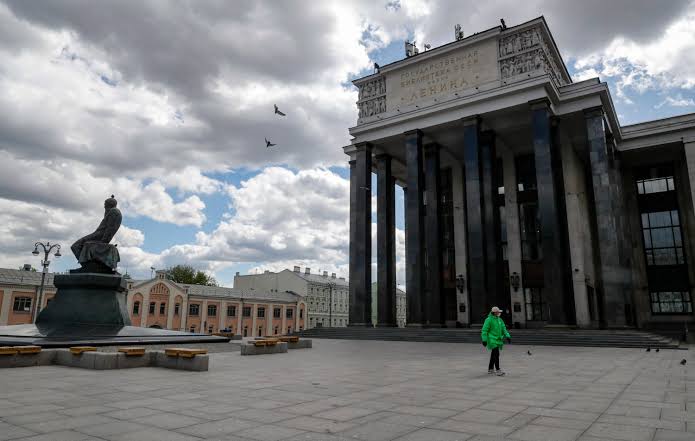Moscow, which has accounted for about half of Russia’s coronavirus caseload, is to begin mass-testing volunteers for antibodies on Friday in an effort to discern the extent of the outbreak.
SEE ALSO: Presidency reveals post-COVID-19 Plans for Economy, Healthcare, other sectors
“Every few days, about 70,000 Muscovites selected at random will be invited to undergo testing, Moscow Mayor Sergei Sobyanin’s office said in a statement’’.
Russia has recorded more than 260,000 cases of COVID-19, about 135,000 of which have been in Moscow, with nationwide growth of about 10,000 per day for the past two weeks, according to a federal monitoring service.
With the data obtained from Moscow’s random testing, officials hope to get a sense of how close the city is to having acquired herd immunity, the statement said.
Herd immunity, whereby enough members of a population are resistant to a disease to prevent it from spreading in that locality, is broadly estimated at upwards of 60 per cent of the population.
“These tests will help obtain the most complete and reliable information about the real incidence and spread of the coronavirus in Moscow,’’ the mayor’s office said.
It said that the testing capacity should rise to about 200,000 per day by the end of this month. It did not present a timeline for the random testing.
Last week, Sobyanin said that the actual caseload in Moscow could be three times higher than reported.
Russia’s caseload is the world’s second highest behind that of the United States, according to comparative data compiled by Johns Hopkins University.

